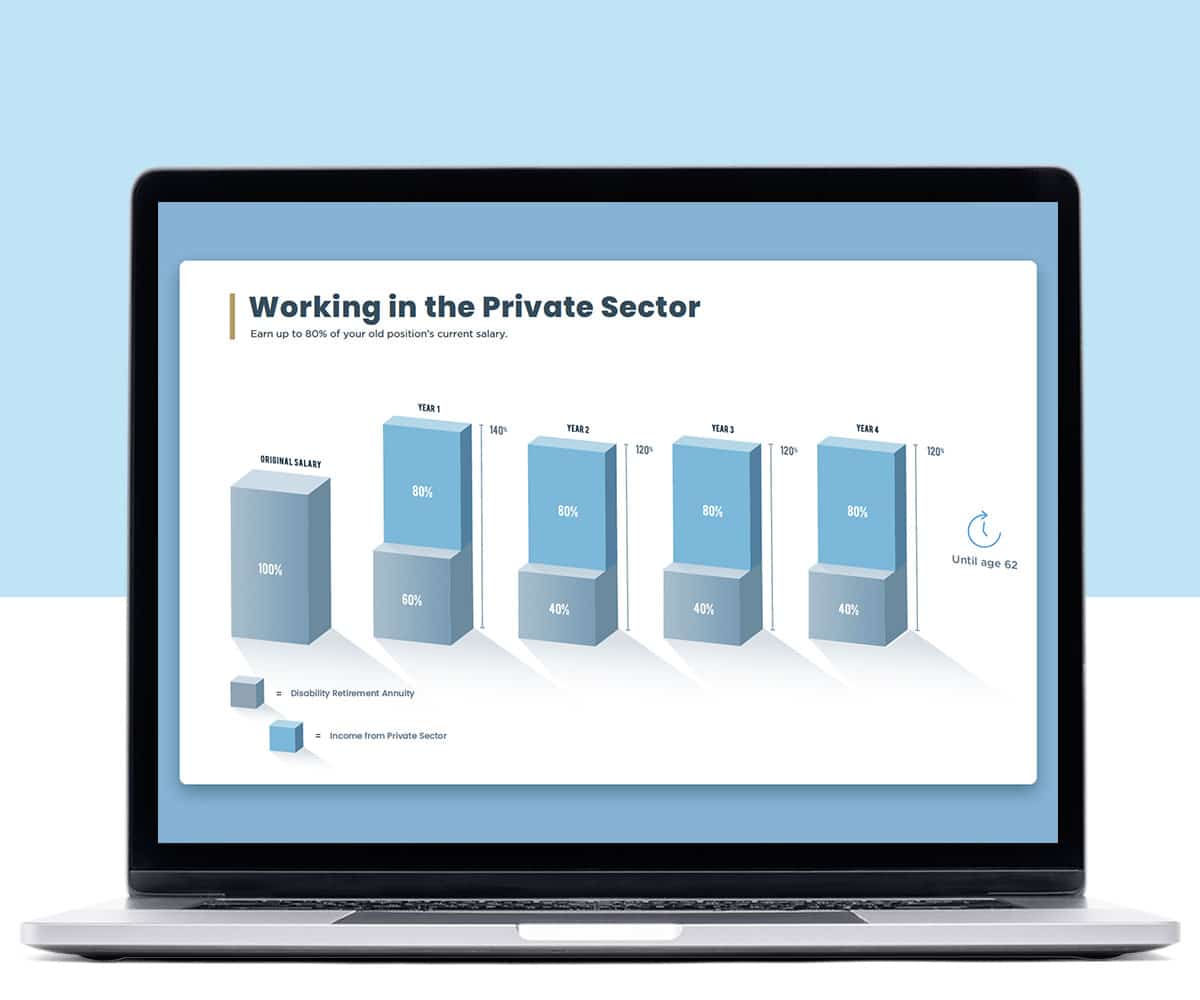
The Office of Personnel Management told agencies they must comply with the federal district court’s recent ruling, which struck down 9 key provisions of the president’s executive orders on collective bargaining, official time, and employee removals.
Ketjani Brown Jackson, U.S. District Court Judge recently ruled that 9 provisions of the Trump administration’s EO’s conflicted with the spirit and intent of the Civil Service Reform Act and the Federal Labor-Management Relations Statute.
“OPM will fully comply with Judge Jackson’s order and encourage other agencies to consult with their offices of human resources and general counsel to determine proper compliance measures based on the order,” OPM Director Jeff Pon wrote to agency heads, chief human capital officers, and HR directors. “OPM will work with the U.S. Department of Justice to evaluate next steps in this litigation and will provide additional guidance to agencies as appropriate.”
This memo rescinds certain aspects of prior guidance related to the provisions the federal district court recently invalidated. Pon said all other provisions in the EO’s will remain in effect.
This new guidance gives agencies the official go-ahead to let federal unions return to the state of previously existing affairs. It also leaves the door open for a possible appeal.
The Justice Department said it was disappointed in the court’s decision and was exploring “next steps to ensure the president is able to fulfill his constitutional duties, run an effective and efficient government, and protect taxpayers from waste and abuse.”
Specifically, the judge enjoined the following provisions in the president’s EO’s:
- Imposition of a 25% cap on the use of official time
- The prohibition against employees’ rights to petition and communicate with Congress
- A ban on the use of official time by union representatives to prepare and present grievances
- The one-hour per bargaining unit employee formula is to be applied to set an aggregate cap on the use of official time
- Limitations placed on unions use of agency facilities, such as office space and computers
- Exclusion of challenges to performance and ratings and incentive pay from the scope of the negotiated grievance procedure
- Limitation of performance improvement periods (PIP’s) to 30 days, with agencies alone having the discretion to apply longer periods
- Direction to agencies to press for the exclusion of removals from the scope of the negotiated grievance procedure
- The prohibition against bargaining over the “permissive” subjects


